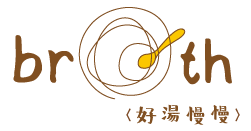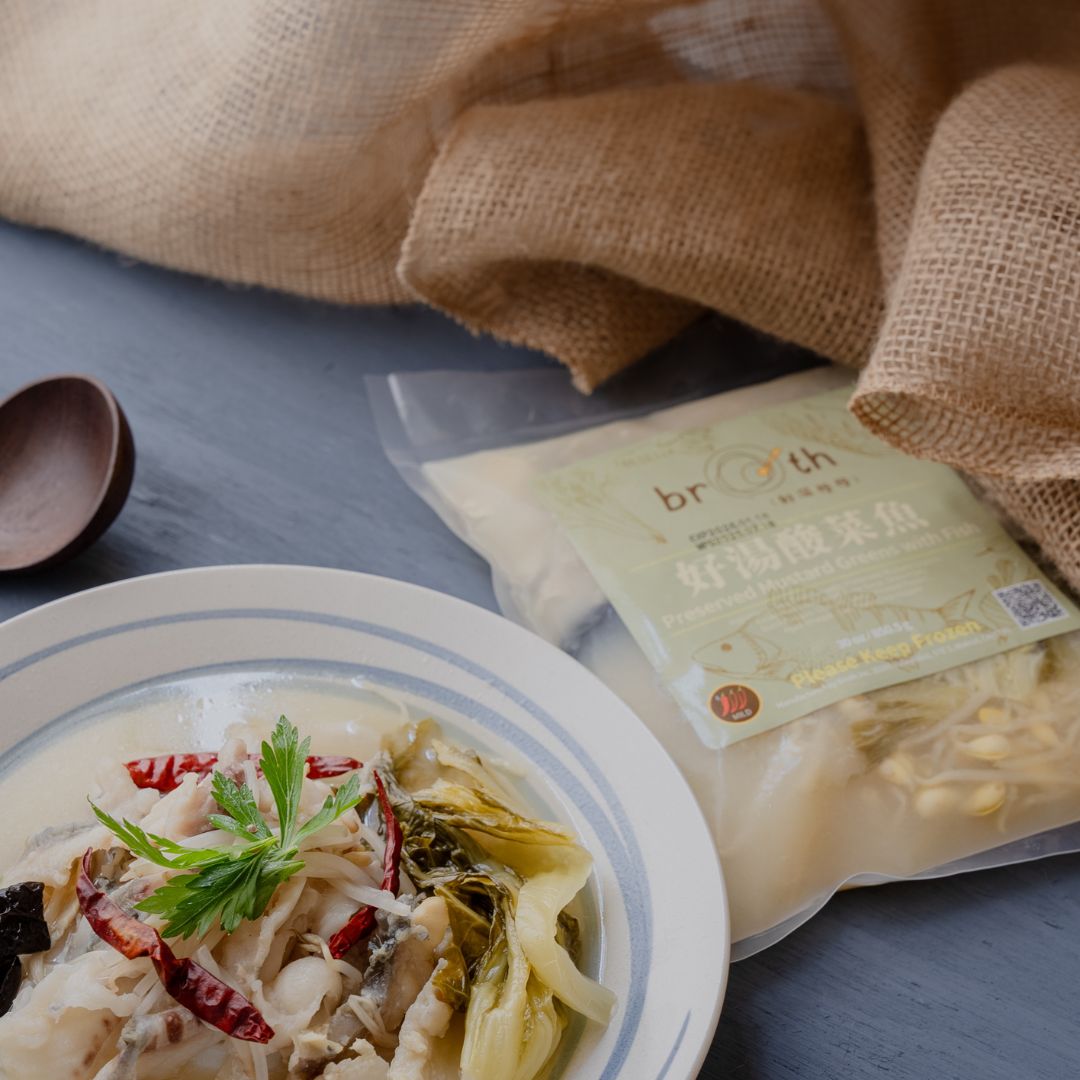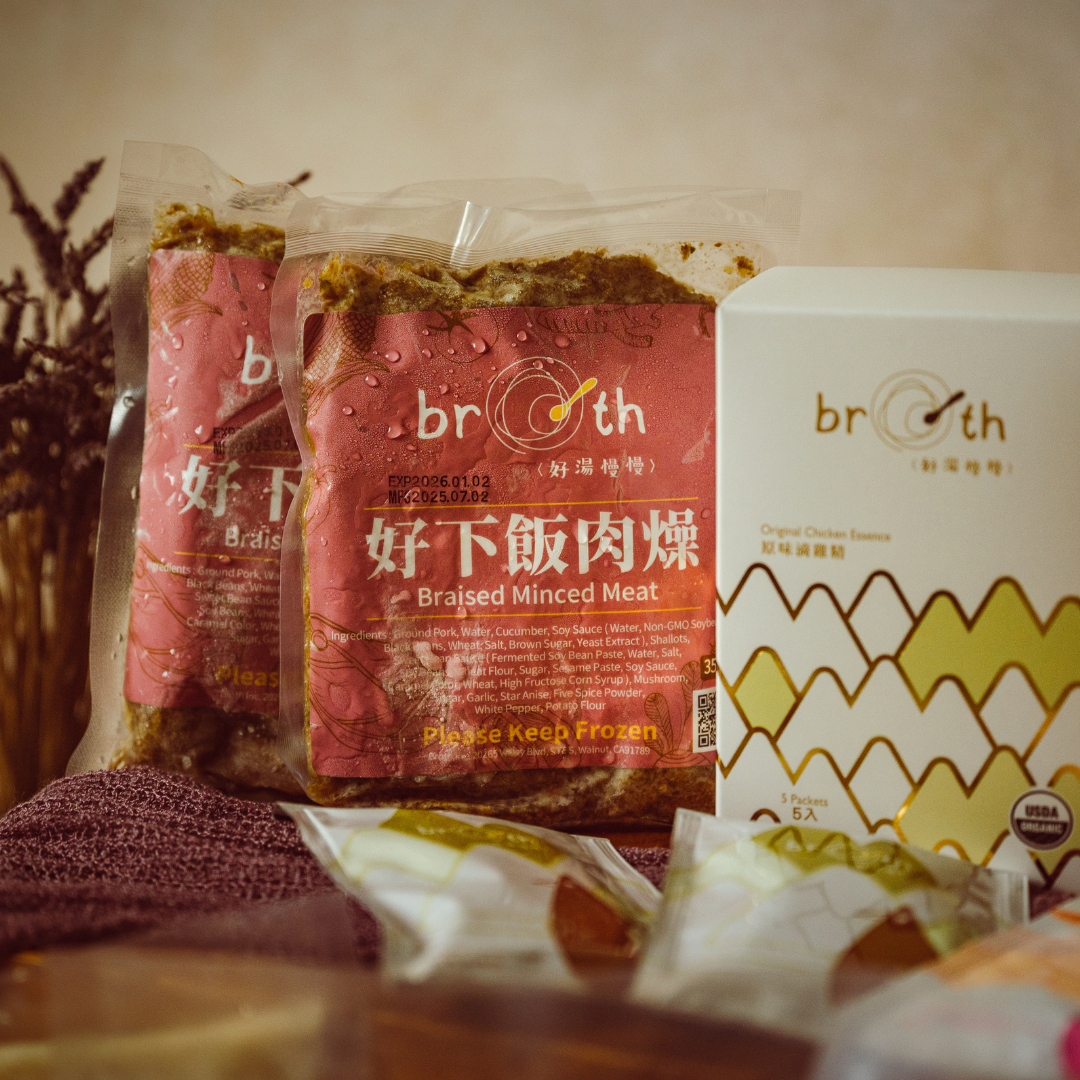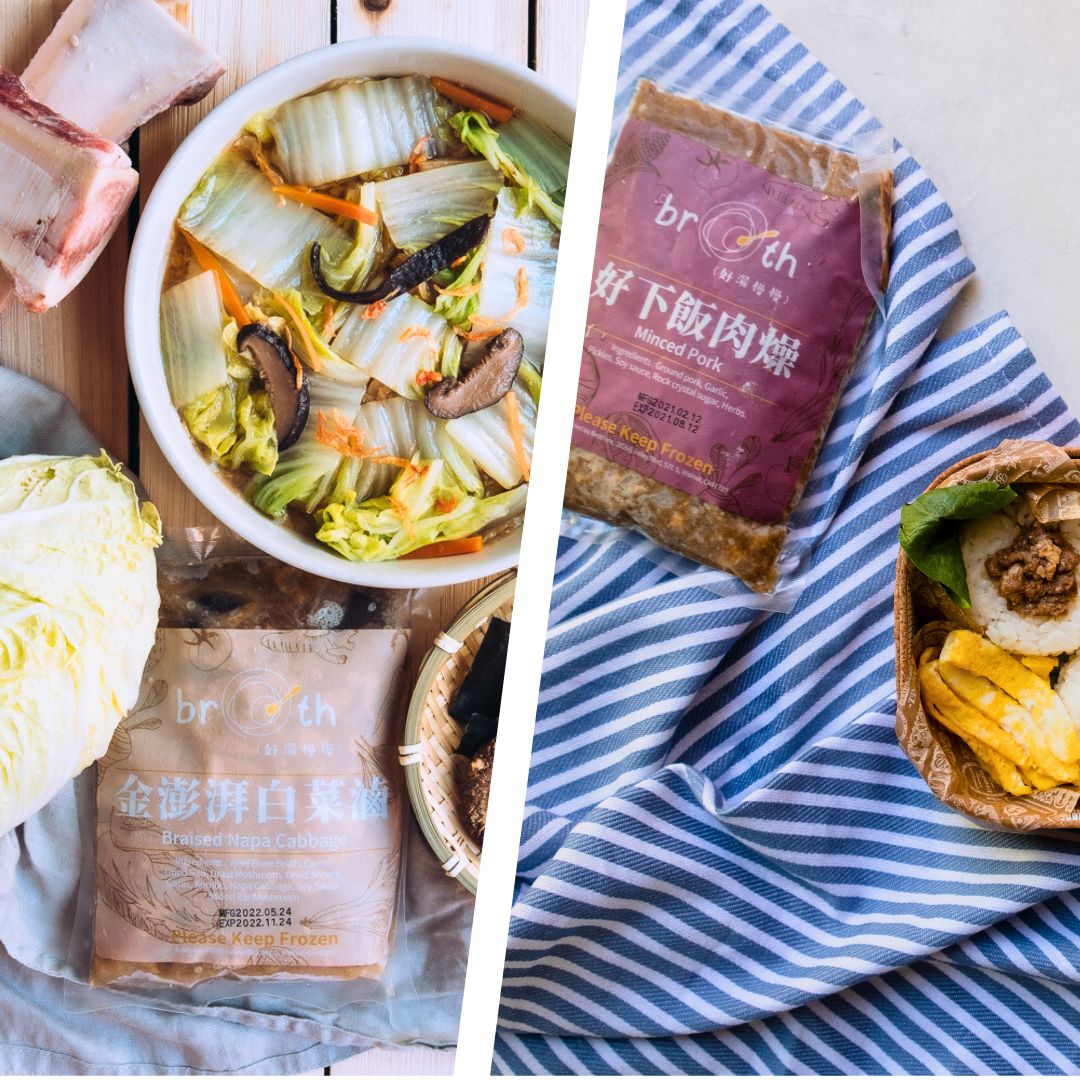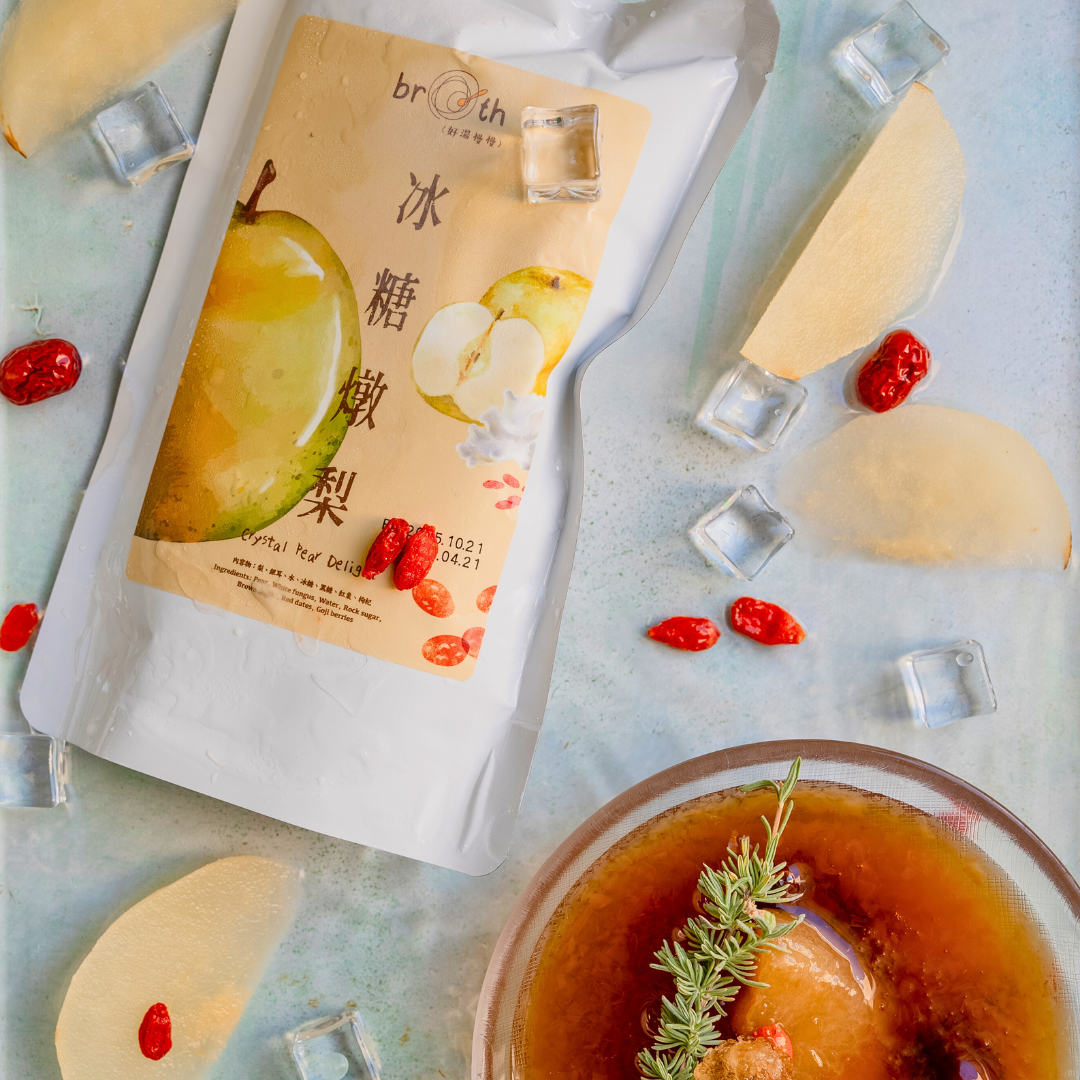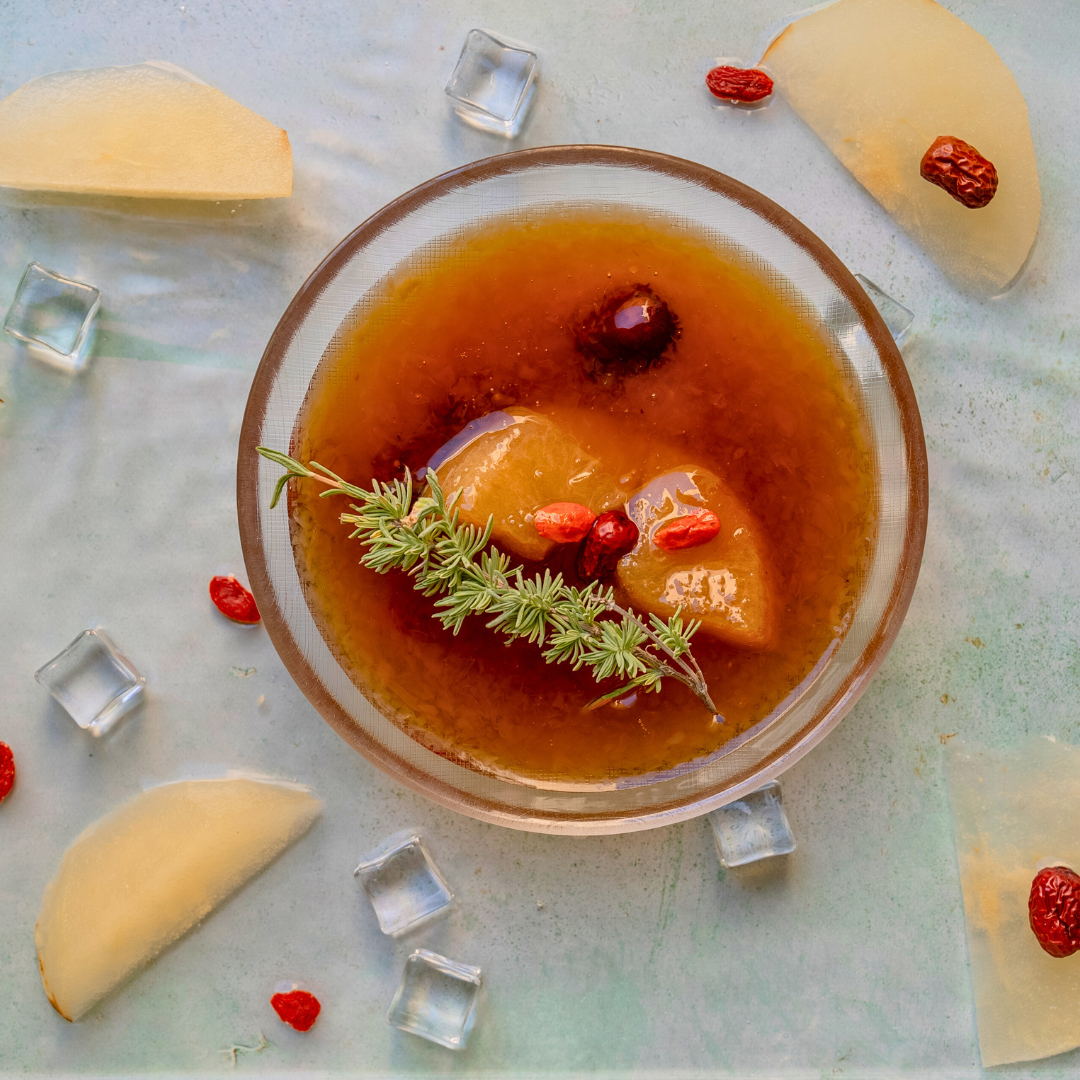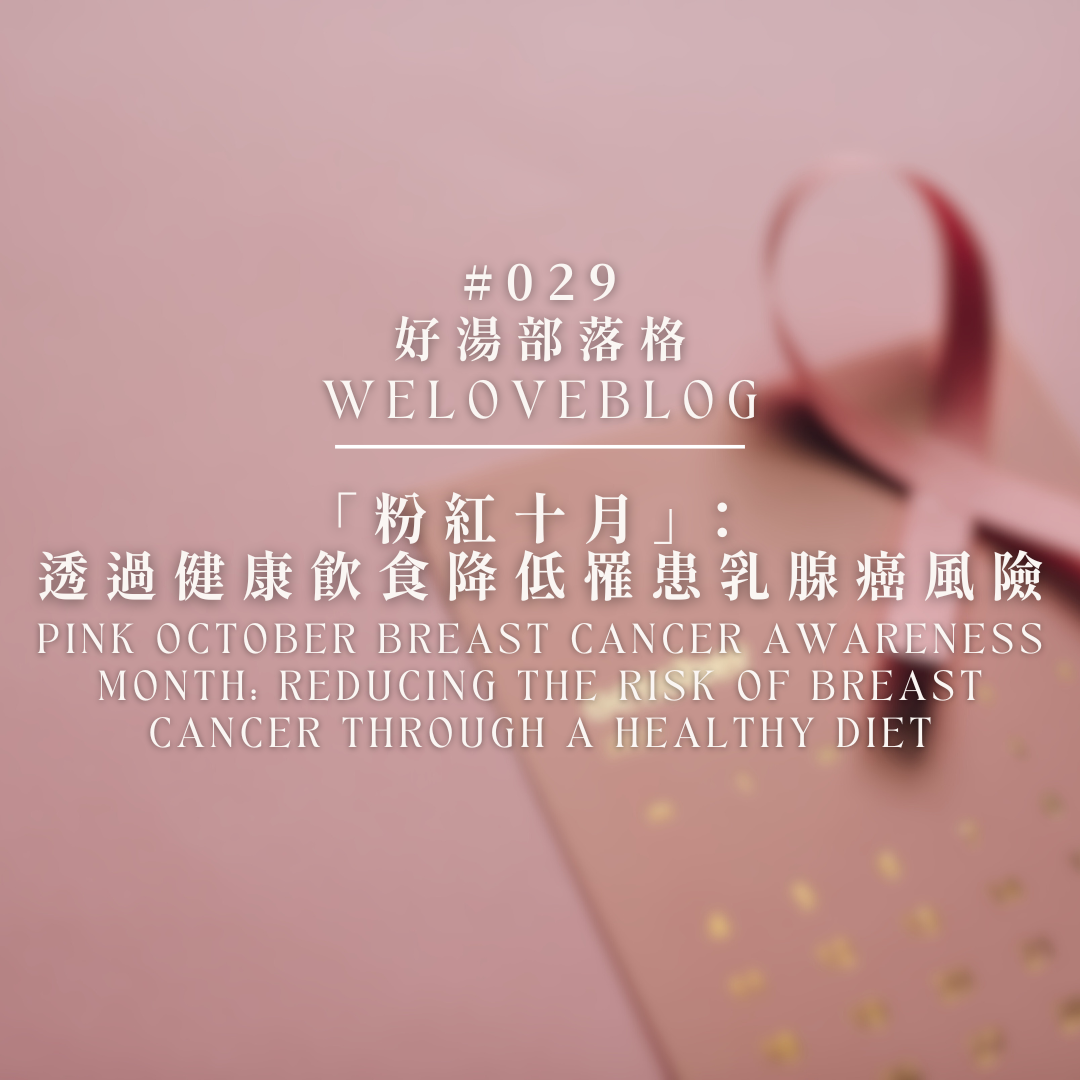
Every October is International Breast Cancer Awareness Month, an important time to raise public awareness about breast cancer prevention and early screening. BROTH is committed to promoting women’s health, advocating for reducing the risk of breast cancer through scientific dietary and lifestyle choices, and encouraging women to regularly perform breast self-examinations (refer to WeLoveBlog #016: The Pink Path: Understanding, Overcoming, and Celebrating) for early detection and prevention. This article integrates the latest research findings and provides a practical dietary guide to help you embark on a healthier lifestyle.

We all know that breast cancer is one of the most common cancers among women, and diet plays a vital role in preventing and controlling breast cancer risk. Research shows that a healthy diet can not only reduce the incidence of breast cancer but also improve the survival rate of breast cancer patients. By choosing foods rich in antioxidants, fiber, and other beneficial nutrients, you can effectively protect yourself from breast cancer.
If you want to learn more about the relationship between diet and breast cancer, you can visit the American Cancer Society.
Key Dietary Recommendations: Reducing the Risk of Breast Cancer
-
Maintain a Healthy Weight
Weight management is the foundation of breast cancer prevention. Being overweight or obese, especially after menopause, significantly increases the risk of breast cancer. It is recommended to maintain a healthy weight through the following methods:

-
Balanced Plant-Based Diet
Plant-based foods are rich in fiber, antioxidants, and phytochemicals, which help reduce the risk of breast cancer. Daily intake should include the following foods:

-
Limit Dietary Fats
A high-fat diet may be associated with an increased risk of breast cancer. It is recommended to control dietary fat intake to 10%-20% of daily total calories and choose healthy fat sources:

-
Limit Alcohol Consumption
Alcohol consumption is closely linked to an increased risk of breast cancer. It is recommended that women limit alcohol intake to no more than three servings per week: (For more information, please refer to the Alcohol and Cancer Risk.)

-
Increase Soy Intake
Soy is rich in isoflavones, which help regulate estrogen levels in the body and reduce the risk of hormone-related breast cancer. The Shanghai Women’s Health Study followed 73,223 Chinese women for over 7 years and is the largest and most detailed study on soy and breast cancer risk in a population with a high soy intake. In this study, women who consumed the most soy had a 59% lower risk of premenopausal breast cancer compared to those who consumed the least. Therefore, we recommend consuming an appropriate amount of soy foods daily, such as tofu, soy milk, and edamame, while avoiding soy supplements.

-
Drink Green Tea
Green tea is rich in catechins, a potent antioxidant that can reduce inflammation and kill cancer cells. It is recommended to drink 1-4 cups of green tea daily.

-
Strengthen Bone Health with Calcium and Vitamin D
Adequate calcium and vitamin D are essential for maintaining bone health and can also help reduce the risk of breast cancer. For example, “Chicken Essence” is rich in high-quality protein and trace elements, which effectively promote bone health, helping women absorb nutrients better and maintain body function. Recommended sources include:

-
Limit Sugar Intake
A high-sugar diet can lead to elevated insulin levels and weight gain, which may increase the risk of breast cancer. It is advisable to reduce the intake of added sugars and sugary beverages, opting for natural sugar sources such as fruits and whole grains as substitutes.

Healthy Eating Sample Menu (Based on Research from Stanford University)

We hope that through this article, you can understand how diet affects breast cancer risk and gain specific dietary recommendations and healthy food choices. We wish that these insights will help you make healthier decisions in your daily life, protecting your health and that of your family. Perhaps October Breast Cancer Awareness Month is not just a reminder but a responsibility and a promise—to stand shoulder-to-shoulder with every woman! BROTH hopes to always be by your side, providing high-quality nutritional support and empowering more women through scientific dietary choices!
References:
American Cancer Society. (n.d.). Alcohol use and cancer. Retrieved from https://www.cancer.org/cancer/cancer-causes/diet-physical-activity/alcohol-use-and-cancer.html
American Cancer Society. (n.d.). Soy and breast cancer risk. Retrieved from https://www.cancer.org/latest-news/soy-and-breast-cancer-risk.html
Centers for Disease Control and Prevention. (n.d.). Nutrition. Retrieved from https://www.cdc.gov/nutrition/
Harvard T.H. Chan School of Public Health. (n.d.). Healthy fats. Retrieved from https://www.hsph.harvard.edu/nutritionsource/types-of-fat/healthy-fats/
Harvard T.H. Chan School of Public Health. (n.d.). Soy. Retrieved from https://www.hsph.harvard.edu/nutritionsource/soy/
Mayo Clinic. (n.d.). Soy: Does it increase or decrease breast cancer risk? Retrieved from https://www.mayoclinic.org/healthy-lifestyle/nutrition-and-healthy-eating/expert-answers/soy/faq-20058497
National Cancer Institute. (n.d.). Alcohol and cancer risk. Retrieved from https://www.cancer.gov/about-cancer/causes-prevention/risk/alcohol/alcohol-fact-sheet
National Institutes of Health. (n.d.). Soy, isoflavones, and breast cancer risk. Retrieved from https://ods.od.nih.gov/factsheets/Soy-HealthProfessional/
National Library of Medicine. (2010). Tea and cancer prevention: Studies in humans. Retrieved from https://www.ncbi.nlm.nih.gov/pmc/articles/PMC2855614/
World Health Organization. (n.d.). Alcohol. Retrieved from https://www.who.int/news-room/fact-sheets/detail/alcohol

